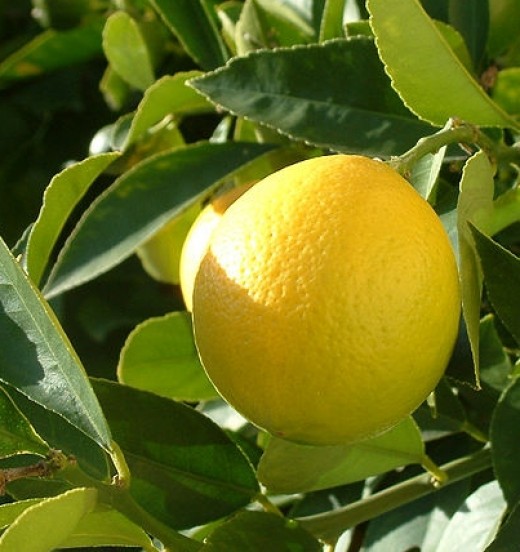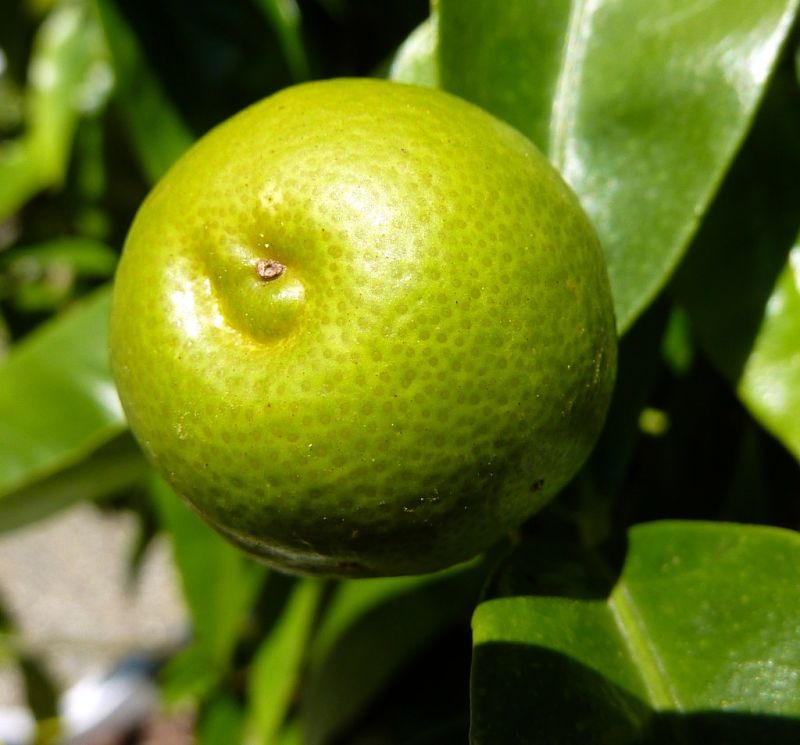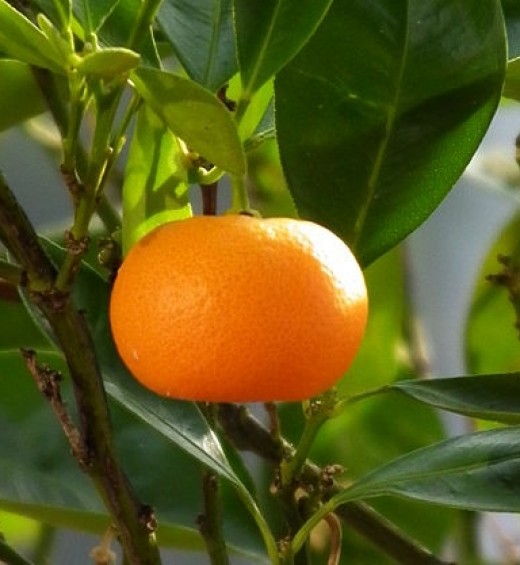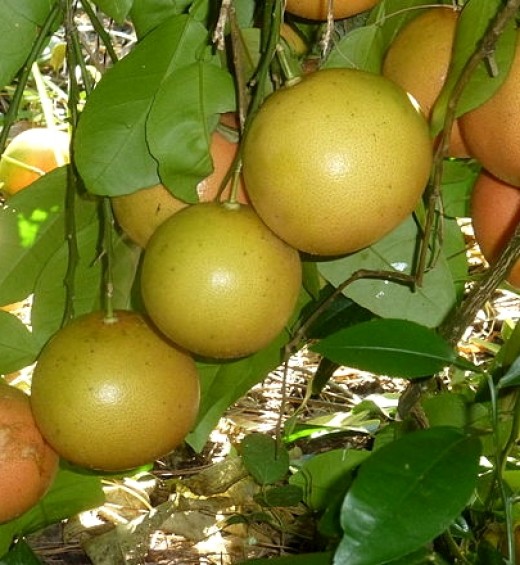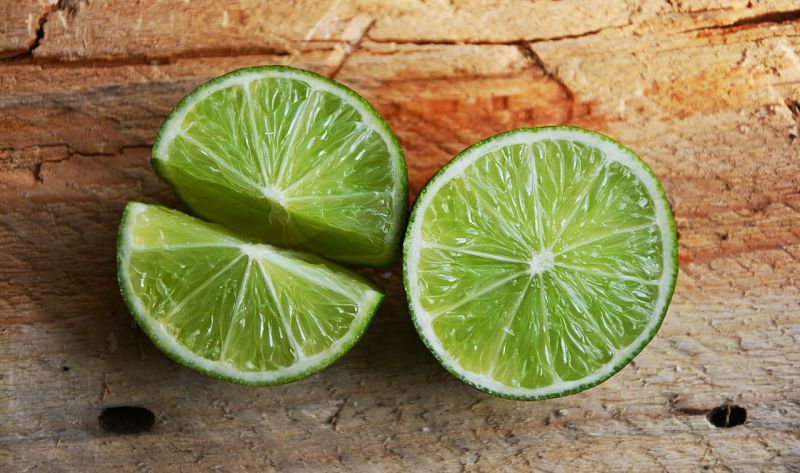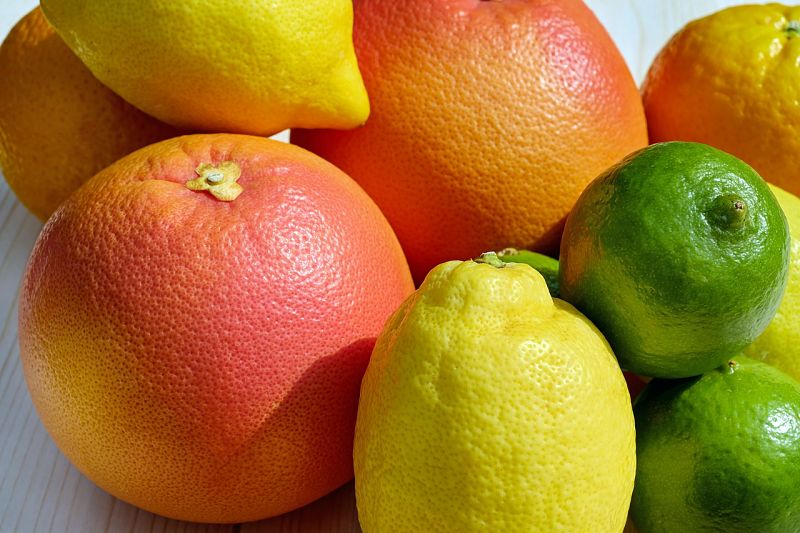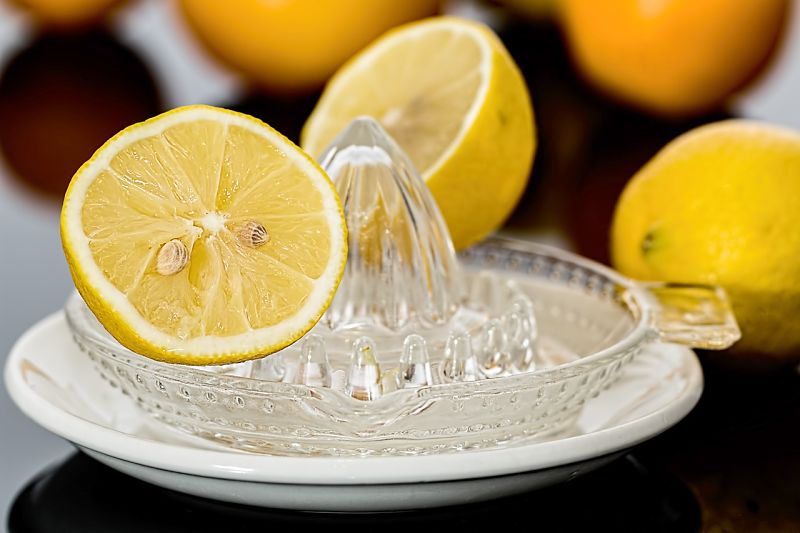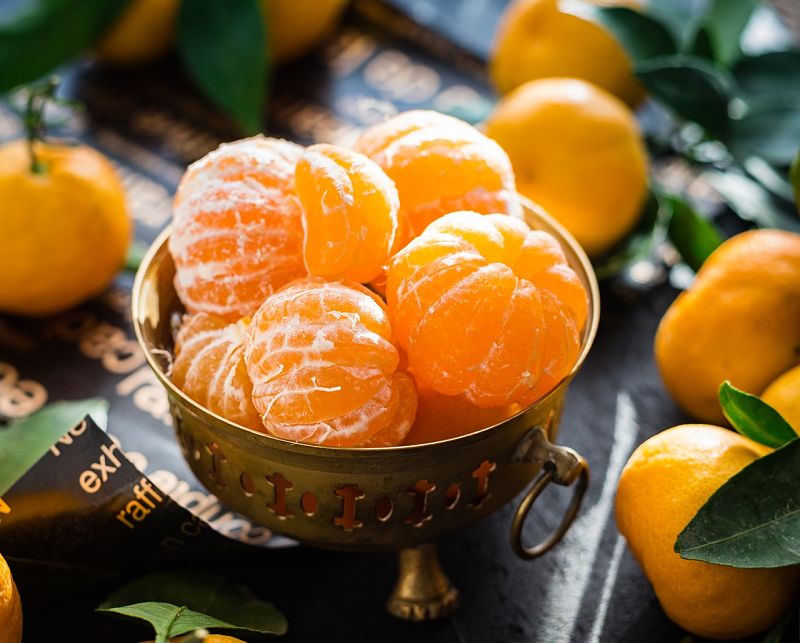Citrus Fruit Tree Care - Maintenance, Problems and Organic Remedies
Citrus fruit trees are one of the easiest and most rewarding fruit trees to grow in home gardens or in large pots. They produce prolific harvests and the fruit has outstanding health benefits and a wide variety of uses. There are so many types to choose from, and many are grafted, seedless forms.
Many citrus fruits such as lemons and limes are very expensive to buy and when sold "fresh" may be more than 12 months old due to various artificial preserving and delayed ripening processes.
Many of the citrus you buy in the shops have poor flavor and can be dry and tasteless.
Fruit picked from your own tree is perfectly ripe and full of flavor. Citrus has its own protective covering and can be left of the tree for days before harvesting. Citrus fruits are much less susceptible to birds and insect attack compared with soft-skinned fruits such as peaches and plums.
However, despite being easy to grow, citrus fruit trees require some regular maintenance and tender loving care to keep then healthy so they can maintain high yield of quality fruit.
This article provides a list of tips for caring for your citrus using regular maintenance, pruning and fertilizing.
The cause and remedies for common citrus problems are also discussed. Keep your citrus trees healthy for prolific harvests.
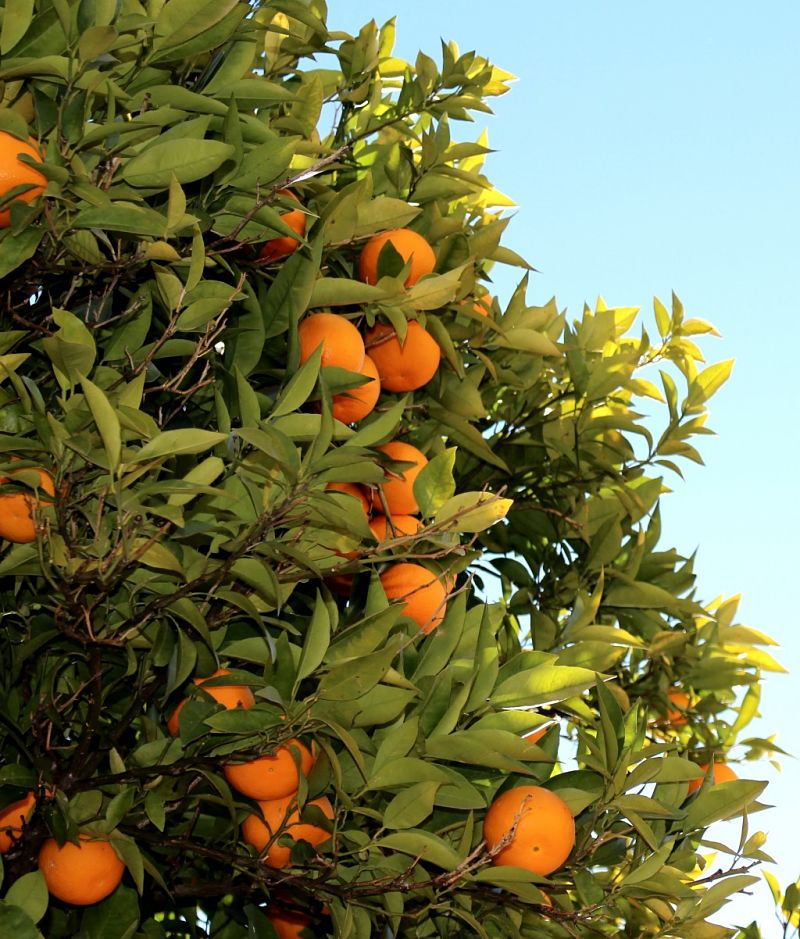
Best Place for Planting Citrus Trees in Your Garden
Citrus trees love full sun, but protection from strong winds, especially when small. When citrus are grown partially in the shade they tend to produce produce more foliage, but fewer flowers and so are less prolific. Similarly citrus love fertilizers and nutrients, especially manure, but if applied just before flowering all the stimulated growth will go into the foliage. Young plants need protection from frost and wind, which can both strip the plant of leaves. Citrus also like well drained soil. Citrus have fairly shallow roots and you should keep grass and weeds away from the base with a heavy layer of mulch over a 'moat' around the base of the trees. This enables more efficient watering of the trees. Grass and weeds compete for the water and nutrients, especially when the trees are too small to have a protective shade canopy under them. Adding a heavy covering of mulch avoids the need to disturb the soil around the trunk which can sever shallow roots.
Pruning of Citrus Trees
Citrus only require minimal pruning to re-shape the canopy and to remove dead and diseased branches, and stems that have been damaged by rubbing with other branches, and damaged branches. If branches are rubbing I will remove one to eliminate a problem in the future. Remove overlapping branches and those that flow into each other to keep the canopy open and the shape healthy and efficient. Remove spindly growth, but do not remove the outer growing tips. This pruning opens up the tree canopy, allows sunlight penetration to the lower branches and provides even air circulation.
Feeding and Fertilizing Citrus
Citrus appreciate regular feeding. Manure should be applied about four times a year. Also, apply a good quality fruit tree fertilizers with trace elements about once a month, with and extra application early in spring. Applying iron-chelates about twice a year helps prevents the leaves from yellowing and dropping off.
Prevention and Remedies for Common Citrus Tree Problems
Specific problems are often different in each locality. If you cannot identify the common problems with aphids, scale insects, sooty mould, leaf miners, stink bugs and other insect pests, galls and borers, described below, contact your local agriculture advisory service of nursery. Take a cutting to help them identify the problem and recommend a solution. Some of the common problems and remedies for them are:
Gall wasp, lay eggs in the branches of citrus trees forming visible lumps. Simply cut out these branches. The earlier you see these lumps and remove them the less damage will be caused by their removal.
Leaf miner insect pests harvest the leaf cells leaving behind shiny silver 'skeletons' on the leaves. Remove the damaged foliage and spray the leaves with white oil to control the insects.
Aphids suck sap from new growth, damaging the shoots and flowers. Aphids can be removed using moderately strong water blasts, rubbing the aphids off with your fingers, spraying with garlic spray and other organic remedies. For heavy infestations spray with an organic herbicide such as pyrethrum.
White scale, caused by insects, appears along the stems and in the leaf nodes. This scale can be removed by hand squishing. For dense infestations you may need to apply an organic insecticide. Regular monitoring of the citrus trees helps to see the problems early before the problem gets too large and difficult to control. If you live in an area prone to insect attack, preventative spraying of the whole plant with white oil, once or twice in Spring can prevent major problems developing.
Sooty mould, which appears as a black dusting over leaves and branches is generally indicative of excess moisture or humidity. Ants appear to help spread the mould. The sooty mould can be moved with a strong water spray or by washing the affected areas with mild soapy water and rinsing off thoroughly.
Sour Fruit can be caused by picking the fruit too early or by trees that are growing slowly or are unhealthy in some way. Try to allow more sunlight around the tree, fertilizing more including essential trace elements well before the flowering season. Pruning each spring can also help keep your citrus vital and actively growing.
Yellow leaves are signs of various problems. Look closely to see where the yellowing is occurring. Yellowing that occurs in the center of older leaves is a sign of magnesium deficiency or inadequacies in other nutrients. Apply magnesium salts or a general purpose trace element supplement for citrus. Yellowing can also occur because of inadequate sunlight or excessive moisture.
Premature dropping of fruit can occur for a number of reasons. It can be caused by strong winds or heavy rain. It is also a sign of too much or too little watering after flowering. Invest in a good general purpose soil moisture meter to control the watering.
Over-cropping - A very heavy crop can weigh down branches, damaging them or even causing them to break. This damage can occur after heavy rain. Heavy crops can also have poor quality. Monitor your citrus and remove excess fruit when you see it. The remaining fruit will often be larger and have better quality.
